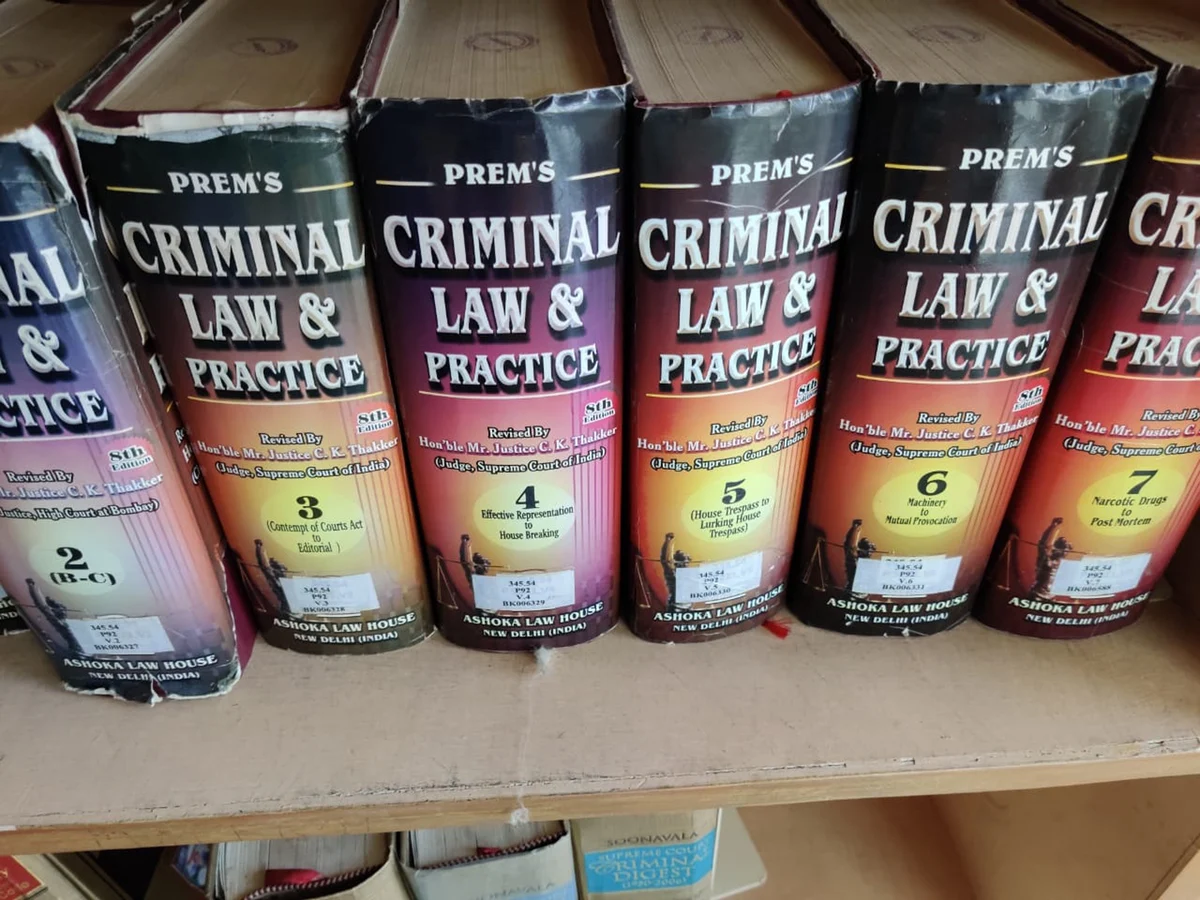Description

Copyright infringement not intended
Picture Courtesy: www.barandbench.com
Context: The Supreme Court reversed the release of 11 men convicted of gang rape and murder in the 2002 Gujarat riots, upholding justice for Bilkis Bano and her family.
Bilkis Bano case
- In 2002, Gujarat witnessed communal riots that claimed many lives and left many traumatized. One of the victims was Bilkis Bano, who was gang raped and lost her family to the violence.
- She fought for justice for 20 years, and in 2017, the Supreme Court upheld the life sentences of 11 convicts. However, in August 2022, the Gujarat government granted them remission and released them.
- The decision was challenged by Bilkis Bano and the Central Bureau of Investigation (CBI), and on January 8, 2024, the Supreme Court quashed the remission order and ordered the convicts to surrender.
What are clemency powers?
- The clemency powers are the constitutional and legal provisions that allow the President and the Governor to grant relief to a person who has been convicted of a crime.
- The President can exercise these powers under Article 72 of the Constitution, while the Governor can do so under Article 161.
- The clemency powers include the power to pardon, commute, remit, respite or reprieve the sentence of a convict. These are discretionary powers that are exercised by the President and the Governor based on the advice of the council of ministers.
- The State government has the power to remit or reduce the punishment of a convict under Section 432 of the CrPC. However, this power is subject to certain conditions and limitations. For instance, in case of a life imprisonment convict, the State government can only remit the sentence after the convict has served at least 14 years in prison as per Section 433A of the CrPC.

Remission
- Remission is the reduction of the sentence of a convict by the executive authority. It is one of the forms of clemency that can be granted to a person who has been convicted of a crime. Remission can be either whole or partial, depending on the extent of the reduction. Remission does not affect the conviction or the guilt of the convict, but only shortens the duration of the punishment.
Constitutional and Legal Provisions
- The Constitution of India provides powers to the President and the Governor to grant pardon, commutation, remission, respite or reprieve to a convict under Article 72 and Article 161 respectively. These are sovereign powers vested in the heads of the Union and State executive to be exercised on the advice of the council of ministers. The scope and extent of these powers are co-extensive, except that the President can grant pardon in cases where the punishment is by a court-martial, while the Governor cannot.
- Apart from the constitutional provisions, the Criminal Procedure Code, 1973 (CrPC) also provides for suspension, remission and commutation of sentences by the appropriate government under Sections 432 to 435. The appropriate government is defined as the Central government in cases where the sentence is for an offence against any law relating to a matter to which the executive power of the Union extends, or where the sentence is by a court martial; and the State government in other cases.
The CrPC also lays down certain conditions and limitations for granting remission
- Section 433A provides that in the case of life imprisonment convicts, remission can be done only after a period of 14 years in jail.
- Section 433B provides that no remission can be granted unless the convict has paid any fine imposed on him along with his sentence.
- Section 434 provides that when an application for remission is made by a convict who is undergoing sentence in another State, the appropriate government shall consult with that State before passing any order.
- Section 435 provides that when an application for remission is made by a convict who is sentenced or tried for an offence which was investigated by certain agencies like CBI or NIA, or which involved certain matters like corruption or terrorism, the appropriate government shall not exercise its power without consulting with the Central government.

Conclusion
- Remission is a discretionary power of mercy that can be exercised by the executive authority to reduce the sentence of a convict. It is based on humanitarian considerations and public interest. However, it is not an absolute or unfettered power, and it has to be exercised judiciously and reasonably.
Must Read Articles:
REMISSIONS: https://www.iasgyan.in/daily-current-affairs/remissions
|
PRACTICE QUESTION
Q. How can the Indian judiciary balance its role as a guardian of the constitution and a protector of the rights of the people, without overstepping its boundaries and encroaching on the domains of the executive and the legislature?
|









